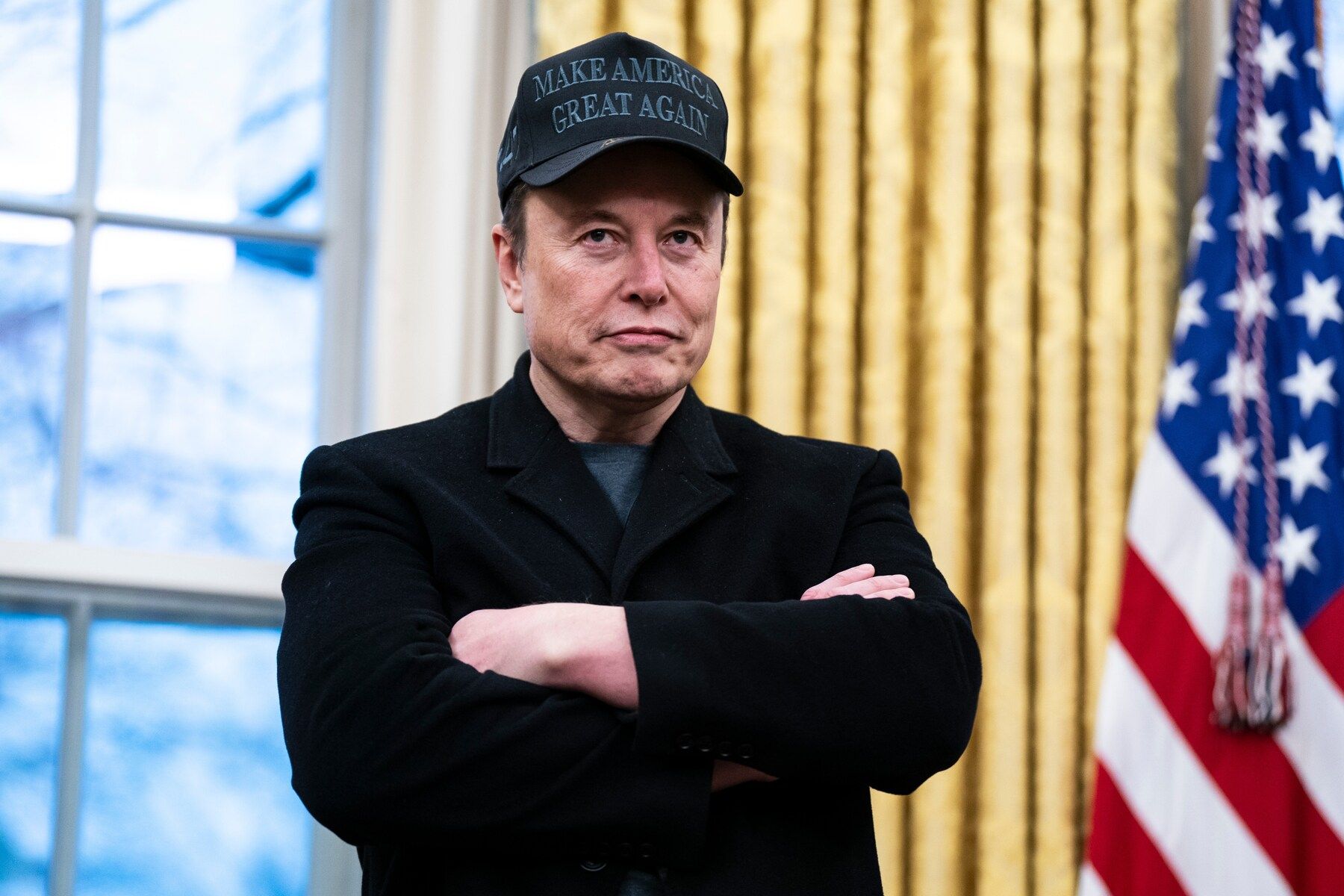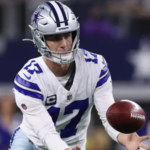Once hailed as a “master of disruption”, billionaire Elon Musk is facing serious problems at Tesla that he may not be able to fix.
Tesla’s brand image is suffering serious damage, while sales are falling and consumers are turning away because of Mr. Musk’s controversial statements. The electric car company is gradually being overshadowed and gaining market share by competitors from China, Europe and the US.
On April 22, Tesla investors seemed to be able to breathe a sigh of relief when Mr. Musk announced that he would reduce his time working at the Department of Government Efficiency (DOGE) to focus on his role as the company’s executive director. This information caused the company’s stock price to increase by 5%, but many challenges still lie ahead.
In a meeting with investors on April 22, Mr. Musk said that the reason for the decline in first-quarter sales was due to the upgrade of the Model Y model, which disrupted production activities. But many analysts say the key factor here is a seriously deteriorating brand image.

Elon Musk talks to President Donald Trump in the Oval Office on February 11. Photo: Jabin Botsford/Washington Post.
Wedbush Securities’ normally optimistic Dan Ives called it a “full-blown crisis.” JP Morgan warned of “unprecedented brand damage.”
Tesla is facing widespread backlash, especially in Europe, after many people said Musk gave a Nazi salute. In Germany alone, Tesla’s sales fell 62% in the first quarter of this year.
Tesla had previously predicted that sales would recover this year after a first decline in 2024. However, this week, the company withdrew its forecast due to the global trade situation.
While Tesla struggles, its rivals are rising strongly.
China’s BYD has developed a battery system that can be fully charged in just 5 minutes. In Europe, new electric vehicles with advanced technology are becoming attractive alternatives, just as consumers are losing faith in Mr Musk.
In the US, Tesla’s electric vehicle market share has fallen from about 66% to below 50%, according to data from Cox Automotive.
One direction Mr Musk has high hopes for is the autonomous taxi service (cybercab). On April 22, he reaffirmed that he would deploy steering-wheel-free, pedal-free cars in Austin, Texas, starting in June, and soon expand to other cities. However, Waymo – a subsidiary of Alphabet (Google) – has been ahead of the curve, operating millions of self-driving taxi rides in many major US cities through a partnership with Uber.
At the same time, Tesla has not yet been granted full self-driving vehicle certification by federal regulators due to safety concerns.
However, Tesla still has some advantages such as directly manufacturing cars in the countries where it does business, helping to mitigate the impact of tariffs. “While tariffs are a challenge with thin profit margins, our domestic supply chain puts us in a strong position,” Musk affirmed.
Tesla also confirmed that it will launch a low-cost version of the Model Y in the first half of this year. Revenue from the energy storage segment increased sharply in the first quarter of the year, and Musk also pledged to produce 5,000 Optimus robots by the end of the year.
Although Tesla’s stock price has nearly halved since the end of last year, many experts still believe that it is overvalued compared to the actual profits the company generates. Currently, each Tesla share is valued at 110 times expected profits, while the average of other large companies is just under 20 times.
This means that investors have high expectations for Tesla, but if the company encounters risks or fails to meet expectations, the stock price will easily fall sharply.
News
Once highly praised by Elon Musk, an investment decision by Bill Gates turned into a disaster, resulting in losses exceeding $10 billion.
Once highly praised, one of Bill Gates’ investment decisions turned into a disaster, resulting in losses exceeding $10 billion More…
Harry Styles has a four-year-old fan who dreams of seeing him perform.
4-Year-Old Became Obsessed with Harry Styles After Hearing One Song. Now, Her Biggest Dream Is to See Him on Tour…
SHOCK!! Zoe Kravitz’s father is “urging” Harry Styles to propose to his daughter.
Zoe Kravitz’s Dad ‘Hurrying’ Harry Styles for a Proposal — Source (Photo Credit: Karwai Tang/WireImage, Kevin Mazur/Getty Images) It’s only…
Niall Horan once again brought tears to fans’ eyes as he evoked nostalgia for One Direction with his latest post.
Niall Horan sparks nostalgia among One Direction fans with latest post Niall Horan announces completion of fourth studio album after…
NBA fans reacted with mixed opinions to LeBron James shaking hands with Justin Bieber on the day the LA Lakers suffered a heartbreaking defeat.
NBA fans react to LeBron James linking up with Justin Bieber during LA Lakers’ recent game LeBron James was spotted…
Tommy Fleetwood has accused Nike of putting him in a “dilemma.”
‘Haven’t Had the Freedom’: Tommy Fleetwood Speaks Out as Nike Split Puts Him in Difficult Spot Most golfers at world…
End of content
No more pages to load












